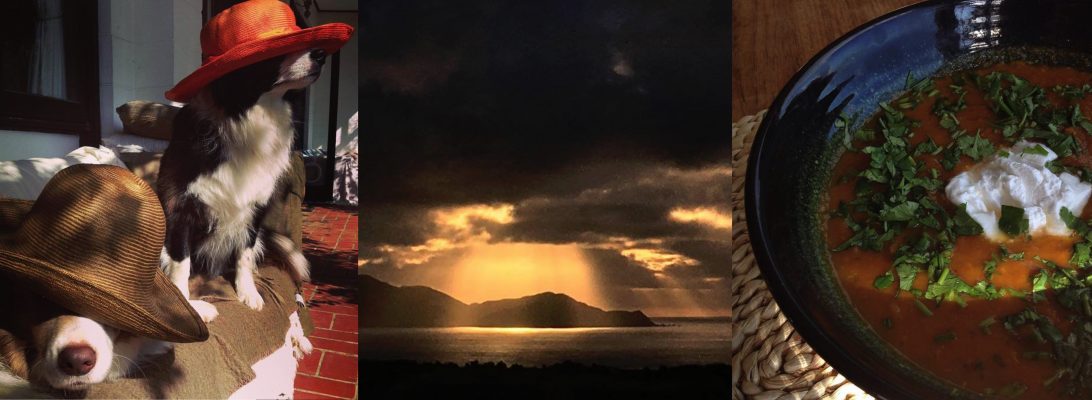 Last night, I watched an excellent documentary about education entitled We Are the People We’ve Been Waiting For. And while I found it enlightening, inspiring and at times sobering, I was (as usual) most moved by footage of a large exhausted polar bear scrambling onto a sheet of ice. It’s not that I’m unmoved by images of teenagers lost in a system which doesn’t work, not at all. It’s just that my response to animal suffering is visceral. The button which if pushed causes my eyes to well up and my mind to run through the cascading crises we’re facing as a species. Yet Nature is also the salve for that pain.
Last night, I watched an excellent documentary about education entitled We Are the People We’ve Been Waiting For. And while I found it enlightening, inspiring and at times sobering, I was (as usual) most moved by footage of a large exhausted polar bear scrambling onto a sheet of ice. It’s not that I’m unmoved by images of teenagers lost in a system which doesn’t work, not at all. It’s just that my response to animal suffering is visceral. The button which if pushed causes my eyes to well up and my mind to run through the cascading crises we’re facing as a species. Yet Nature is also the salve for that pain.
Last weekend, I spent some time in Otari Bush in Wilton. I’d not been there since primary school, which is utterly ridiculous considering it’s 10 minutes drive from home, consists of 100 hectares of native forest, 5 hectares of plant collections and an 800-year-old rimu.
The reason for the trip was a biomimcry excursion with a small group of friends. During the conversation that followed an introductory talk I gave recently, I suggested that as a way of learning from nature rather than just about it, I’d like to get a group of us together and head off into Nature. So we did.
We spent quite some time simply hanging out with the 800 year old rimu. Gazing up at its height. Pondering the function of its sweeping spiral form. We sat in the sun gently digging up the earth at its feet, with leaves and twigs, to uncover busy little insects. And we discovered a very cool spider’s web.
Peering at the base of the rimu, woven between pieces of bark, was an oddly ‘rough’ web. The silk seemed thicker than usual, tinted blue and the weaving was obvious, almost clumsy. But on closer inspection, we discovered a much finer, denser web both behind and in front of it. Why might that be?…A clever trap perhaps?
Look closely at the photo below and it appears as if the thicker, slightly wonky web is in the foreground. But what you can’t see in this photo, is that in front of it, is a very fine, sense sticky web. If it fools us, it may well fool others.
There are basically 2 approaches to practicing biomimicry. The first is to head off into nature and find organisms or eco-systems which you find particularly fascinating, identify the adaption that you find so interesting and consider how that could be applied to human design. The alternative is that you have a particular design challenge and you consider how nature would do whatever it is you want to do i.e. the question becomes “How would Nature…?”
So, if we were to take our clever little spider friend (let’s just call her Charlotte) and her web, the thing I find fascinating is her strategy of different types of web. How might that be applied? I’m working on that. If my design challenge was ‘How would Nature deceive?’ Ms Charlotte has a lesson here for me.
Actually Ms Charlotte has a couple of lessons for me. While the first may be about how to deceive, the second one is about optimism. It’s easy to become disheartened by the challenges we’re facing as a civilisation. But as Janine Benyus (founder of the Biomimicry Group) reminds us, right outside, the Earth is still a very competent place, it is incredibly resilient and in the shimmering silken threads and spiralling trunks Nature has lessons and solutions for us.







